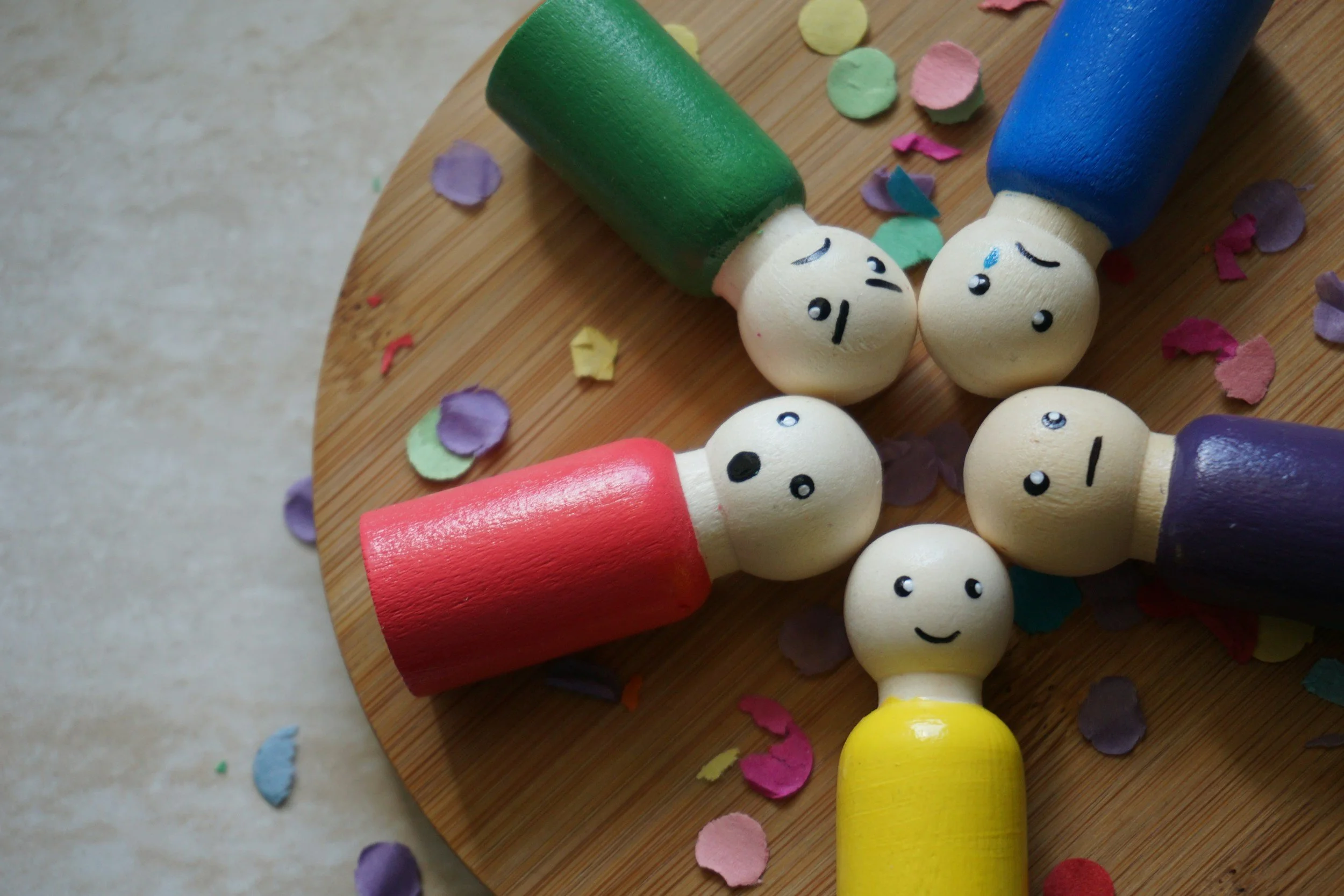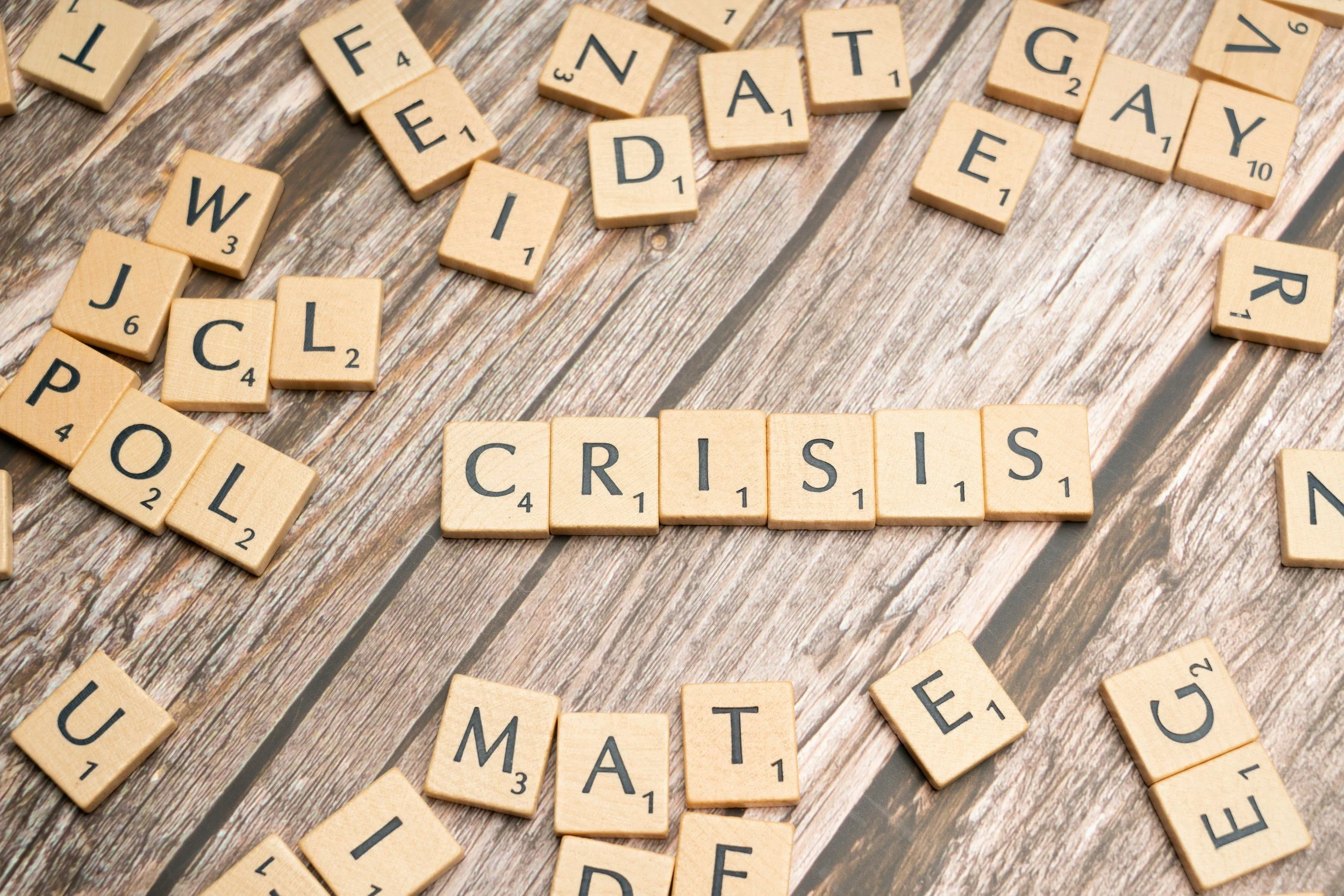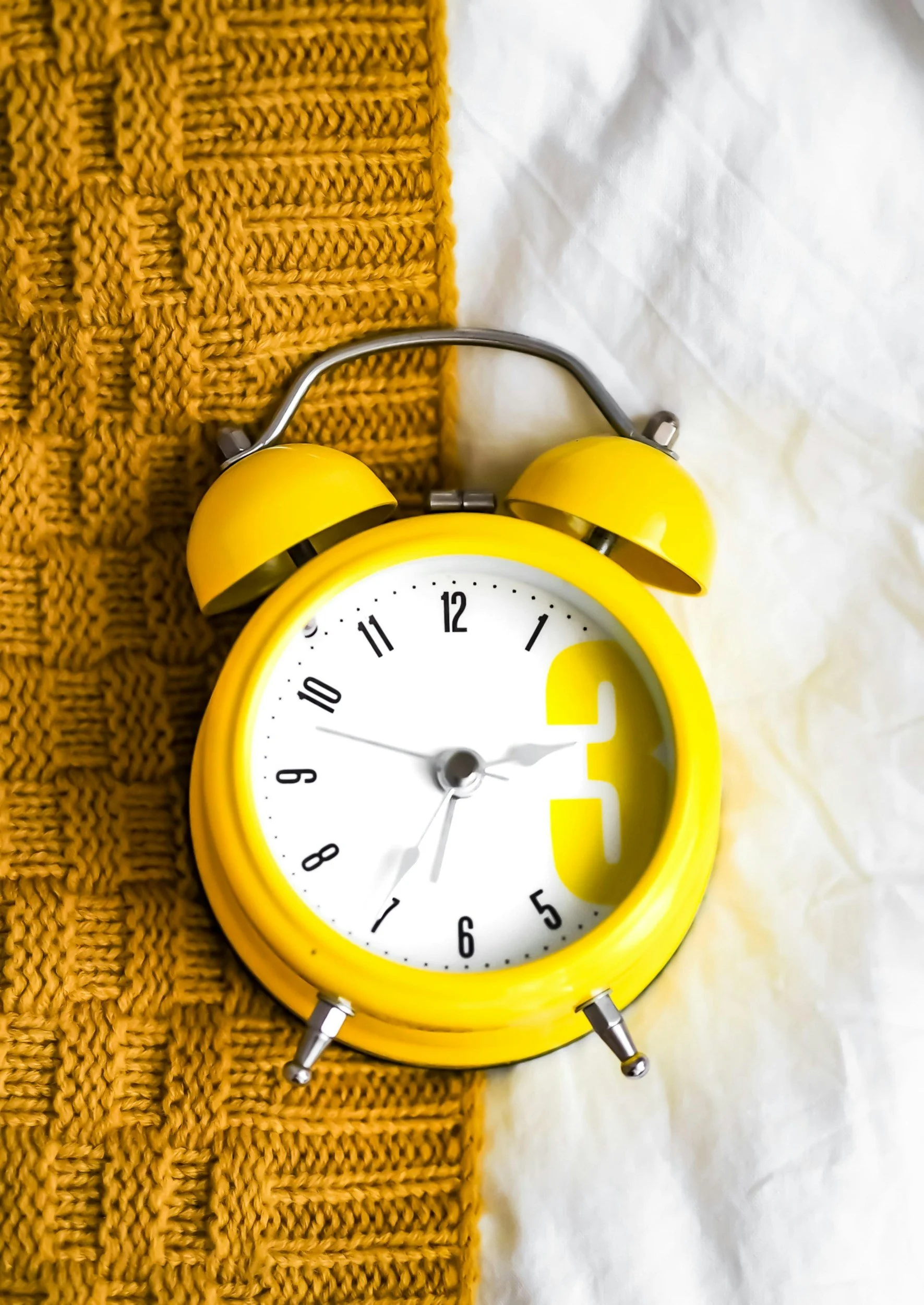Why Teachers Misread ADHD Teens as “Defiant” — and How to Get Them to See the Real Behavior
If you’re raising an ADHD teen, you already know the pattern:
Your kid freezes, shuts down, gets overwhelmed, or forgets something…
And someone in the school system decides it’s defiance.
It’s one of the most frustrating parts of parenting a neurodivergent teen — not the behavior itself, but the constant need to translate it for adults who should know better. I’ve lived this, year after year. And the truth is: most ADHD “defiance” is not defiance at all. It’s a nervous system under pressure.
Here’s why teachers misread ADHD behavior so often — and what you can do to help them see what’s actually going on.
The Power of Gratitude and Breathwork for Teens (and Why It Actually Works)
When life with a teen feels like an emotional rollercoaster, we start searching for something that helps—something beyond the endless advice and reminders.
For our family, that “something” has been gratitude and breathwork.
Neither are magic fixes, but both teach our kids one of the most powerful skills they can ever learn: how to regulate their own emotions.
How I Keep Our Household from Falling Apart (Most Days)
Some days, it feels like running a household is a full-time job on top of a full-time job. Between appointments, school, therapy, groceries, and the never-ending pile of laundry, the only thing standing between me and total chaos is a system that mostly works—most days.
Here’s what’s helped me keep things together (even when it doesn’t look like it).
When Crisis Becomes the Wake-Up Call No One Wanted
Sometimes it takes the ugliest, scariest moments to make people finally listen.
No parent ever wants it to get to that point — but when you’re raising a neurodivergent teen and the world around you doesn’t take your concerns seriously, sometimes crisis becomes the only language anyone understands.
Teaching Our Kids Emotional Resilience—Even on Hard Days
Some days, parenting feels like we’re holding the whole world together with duct tape and coffee. But here’s the truth—our kids aren’t looking for perfect parents. They’re looking for guidance, safety, and the belief that they can handle life’s storms.
Emotional resilience isn’t about never having hard feelings—it’s about learning how to move through them without getting stuck. And while it’s easier to teach this on calm days, the reality is, some of the best lessons happen in the middle of the messy moments.
How I Learned to Stop Second-Guessing My Parenting
There was a time when I would replay every parenting decision in my head—overanalyzing every reaction, every consequence, every word I said. Did I handle that meltdown the “right” way? Should I have been more patient? Was I too strict? Too soft?
Raising a Neurodivergent Teen? You’re Leading a Masterclass in Advocacy
If you’re raising a neurodivergent teen, you might not feel like an “expert” in anything.
You might feel like you’re barely holding it together some days — navigating school emails, therapy waitlists, meltdowns, and late-night worry spirals.
But here’s the truth:
Every single day, you’re running an advanced course in advocacy.
Parent-Teen Bonding Ideas That Don’t Feel Forced
Because connection shouldn't come with eye rolls.
Finding ways to bond with your teen can sometimes feel like walking a tightrope. You want to spend time together, but the moment it feels too planned or parent-y, they shut down. Trust me—I’ve been there. But over time, I’ve learned that the best bonding moments come when we’re doing something low-pressure, maybe even a little silly, with zero expectation to “talk about our feelings.”
Games have become that space for us. And not the overly complicated kind or the ones that require a lot of setup. I'm talking about good old-fashioned card games, puzzles, and board games—simple, familiar, and surprisingly fun (even for teens who claim they're “too old” for Connect 4).
Meal Planning for Neurodivergent Kids
Because feeding them shouldn’t feel like just another battle.
Meal planning as a parent is already a juggling act. But when you're raising a neurodivergent child—especially one with sensory sensitivities, limited food preferences, or appetite changes from medication—mealtimes can feel like the hardest part of the day.
I’ve had to throw out more uneaten meals than I care to admit. What worked one week suddenly “tastes weird” the next. Some days, he eats two bites and is done. Other days, it’s non-stop grazing. Sound familiar?
If you're in the same boat, you're not alone—and there are ways to bring a little more ease into the chaos.
Why Routine Matters—Even on the Weekends
There are some weeks where it feels like everything is falling apart. Meltdowns, changed plans, school calls, surprise bills, or just sheer exhaustion can throw our whole world off balance. As a parent—especially raising a neurodivergent teen—you start to realize that you can’t control everything. But you can control some things. And that matters more than we think.
One of the most powerful tools I’ve found to bring calm into our chaos is routine. Not the rigid, schedule-every-minute kind. But the dependable, calming kind. The kind that tells our brains and bodies: you are safe here.
Back-to-School Blues (and How We're Easing the Anxiety)
Because the first week back is hard — for both of us.
The first week back at school is never easy. But when you’re parenting a neurodivergent teen, it can feel like walking a tightrope — hoping you’ve done enough, packed the right lunch, and remembered all the supports they’ll need when the overwhelm hits.
We’re feeling it this week. The nerves, the resistance, the tension in the air.
Why Personal Development Matters to Me as a Parent (and the Books That Changed Everything)
I used to only read for escape — fiction that helped me unwind after long days filled with meltdowns, meals, and messy rooms. And honestly? That kind of reading still matters. But over the years, I’ve started reaching for books that do more than entertain. I’ve started reaching for growth.
Parenting a neurodivergent child has pushed me to confront every part of myself — the impatient parts, the reactive parts, the tired and unsure parts. I realized that if I wanted to parent differently, I needed to keep learning. Not just about ADHD or anxiety, but about myself.
So I started reading non-fiction — slowly, inconsistently at first. But the more I read, the more I noticed something shifting. I began responding instead of reacting. I caught myself mid-pattern and made a different choice. I started leading with curiosity instead of control.
My Favorite Morning Routine Tools (Even After a Rough Night With the Kids)
I wake up at 4:45 a.m. — not because I’m a morning person, but because it’s the only time I get to myself.
By 6:30, my son is awake. By 7:15, I’m out the door if I’m headed into the office. Between prompting him to get dressed, brushing my teeth in a hurry, and mentally running through the day, my mornings could feel like total chaos.
But they don’t — at least not always — because I’ve carved out this quiet ritual that happens before the rest of the house stirs.
My routine isn’t glamorous. It’s 90% habit and 10% survival. But this little window of time gives me the emotional reset I need to meet the day with more patience, clarity, and energy — especially when parenting a neurodivergent teen.
Here are the tools I use every morning to stretch, ground, caffeinate, and recenter — even after a night of broken sleep or big feelings.
Supporting Teen Mental Health Starts With Us
Because no one hands you a manual when your teenager is struggling.
Raising a teen who’s navigating anxiety, ADHD, depression, or other mental health challenges can feel like walking through a storm without an umbrella. You want to help, but it’s hard to know what’s actually helpful — or where to begin.
Here’s what I’ve learned through trial, error, late-night research, and real-life parenting in the thick of it.
Staying Connected When Everything Feels Disconnected: Parenting Through the Chaos
We’re all so busy.
Between work, school, therapy appointments, meal planning, and just trying to survive the day, it’s easy to look up and realize you haven’t had a real conversation with your teen in days. Not just “Did you finish your homework?” or “What do you want for dinner?” — I mean a real moment of connection.
But when you’re parenting a teen with big feelings, big behaviors, or mental health struggles, connection isn’t just nice — it’s necessary. It’s the glue that holds everything together when the wheels are falling off.
My Favorite Calm-Down Tools for When Big Feelings Happen
Because some days, emotions take the wheel — and we need more than just deep breaths. Raising a neurodivergent teen means navigating some big emotions — theirs and mine. Over the years, I’ve found a few simple, affordable tools that actually help us calm down during meltdowns, overstimulation, or shutdown moments. These aren’t miracle cures, but they’ve made our home feel a little more peaceful when it counts.
Breathwork for Teens: A Simple Tool to Ease Anxiety, Overwhelm, and Meltdowns
When emotions run high—whether it’s a school meltdown, a sensory overload, or just a rough day—breathing might not seem like a solution. But it can be. Breathwork is one of the simplest tools available to help regulate the nervous system, and it’s especially powerful for teens with ADHD, anxiety, or emotional sensitivity.
Why Feeding My Teen Feels Like a Full-Time Job (And What I’m Doing About It)
**Food has become the battleground in our house—**and I never thought it would be.
My teen takes meds that suppress his appetite. He prefers processed food or takeout. And even when I finally make a meal he eats and likes? Next time, he says, “I don’t like that anymore.”
It’s frustrating. It’s exhausting. It’s daily. But I also know this: real food supports his body and his brain. So I’m not giving up—I'm just getting smarter about it.
Why My House Is a Mess and My Heart Is Full
I used to think I had to choose between a clean house and a connected home. That if I couldn’t keep up with laundry, dishes, and dust bunnies, I was somehow failing. That belief? I’ve let it go. (Okay — I’m trying to let it go.)
Because here's the truth: I live with a teenager who has ADHD and anxiety. And while some people have tidy houses with well-labeled storage bins, I have a kitchen table covered in unfinished puzzles, fidget toys, and a few abandoned cups. I have half-folded laundry on the couch, shoes in the hallway, and a living room that doubles as a crash pad when emotions get too big.
It’s not Instagram-perfect. But it’s real. And it’s ours.



















